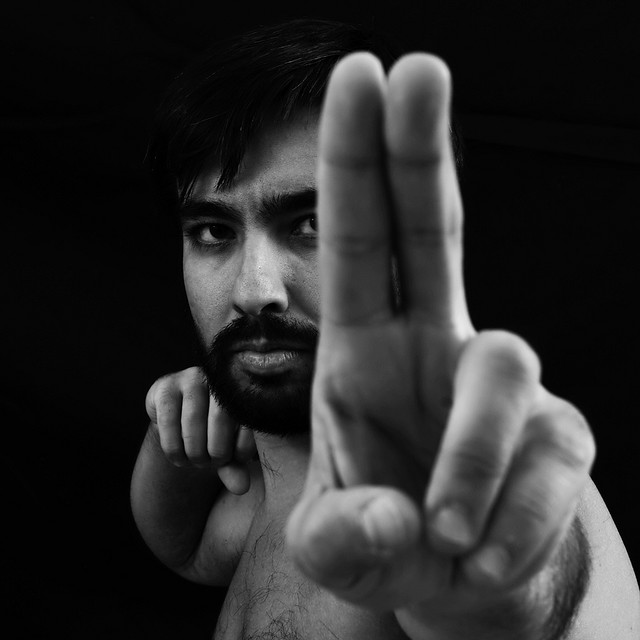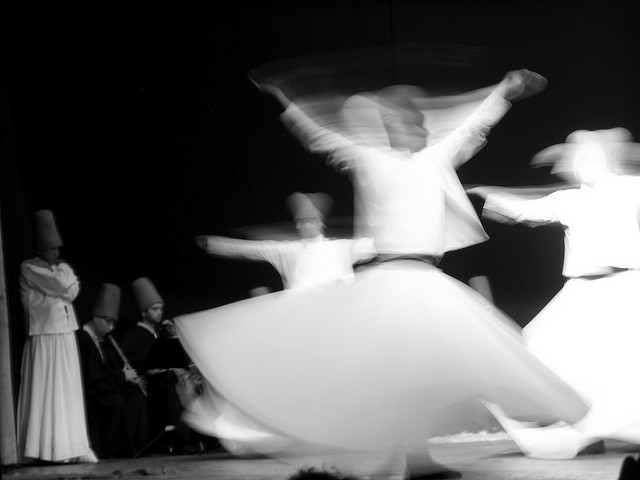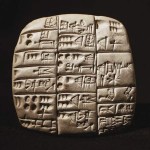Daily Wisdom: Joy (Chiyut)
By Marc Gafni
From Your Unique Self:
Joy is your life energy. Joy is a by-product of Unique Self living.
Joy, as we have seen, is realized as the natural by-product of the passionate pursuit of something other than happiness.
What is that other thing that you pursue passionately that is not joy, that is a by-product of its pursuit? Of course, you must pursue virtue, goodness, integrity, depth, values””all necessary, but insufficient to give you joy. It’s not just virtue, goodness, integrity, and depth that you need to pursue; you must pursue your virtue, goodness, integrity, and depth, that is to say, your story.
Joy is a by-product of Unique Self living.
The Chinese taught us that joy is chi, joy is energy. In Hebrew mysticism, joy is called chiyut, which means “vital energy,” or “life force.” So both the Chinese tradition and the Hebrew mystical tradition use virtually the same root word to allude to joy.









 … you can move beyond your ego, your ego which is your separate self, your small self, you can evolve beyond your exclusive identification with your ego and you can realize, oh my God, Oh. My. God., oh my, I am part of the divine. Oh my, I feel in myself this love welling up, this care for someone else welling up. I am crying in a movie, I see a flower that just blows me out of my mind, I have this deep yearning for someone outside of me, to connect and be with that person, I feel this deep empathy and this deep open-heart space when I see that someone suffers. I have this great joy when I know that I have done the right thing …
… you can move beyond your ego, your ego which is your separate self, your small self, you can evolve beyond your exclusive identification with your ego and you can realize, oh my God, Oh. My. God., oh my, I am part of the divine. Oh my, I feel in myself this love welling up, this care for someone else welling up. I am crying in a movie, I see a flower that just blows me out of my mind, I have this deep yearning for someone outside of me, to connect and be with that person, I feel this deep empathy and this deep open-heart space when I see that someone suffers. I have this great joy when I know that I have done the right thing … Anyplace where you are regarded only as a function, where your name is not known and honored, you are a slave. Anytime you regard another as a mere instrument in your design, you become a slave master and an oppressor. To be a lover is to know the name. It can be the name of the waiter, the taxi driver, of your accountants’ son or of the mailman’s wife. By remembering the name, you become a lover.
Anyplace where you are regarded only as a function, where your name is not known and honored, you are a slave. Anytime you regard another as a mere instrument in your design, you become a slave master and an oppressor. To be a lover is to know the name. It can be the name of the waiter, the taxi driver, of your accountants’ son or of the mailman’s wife. By remembering the name, you become a lover.